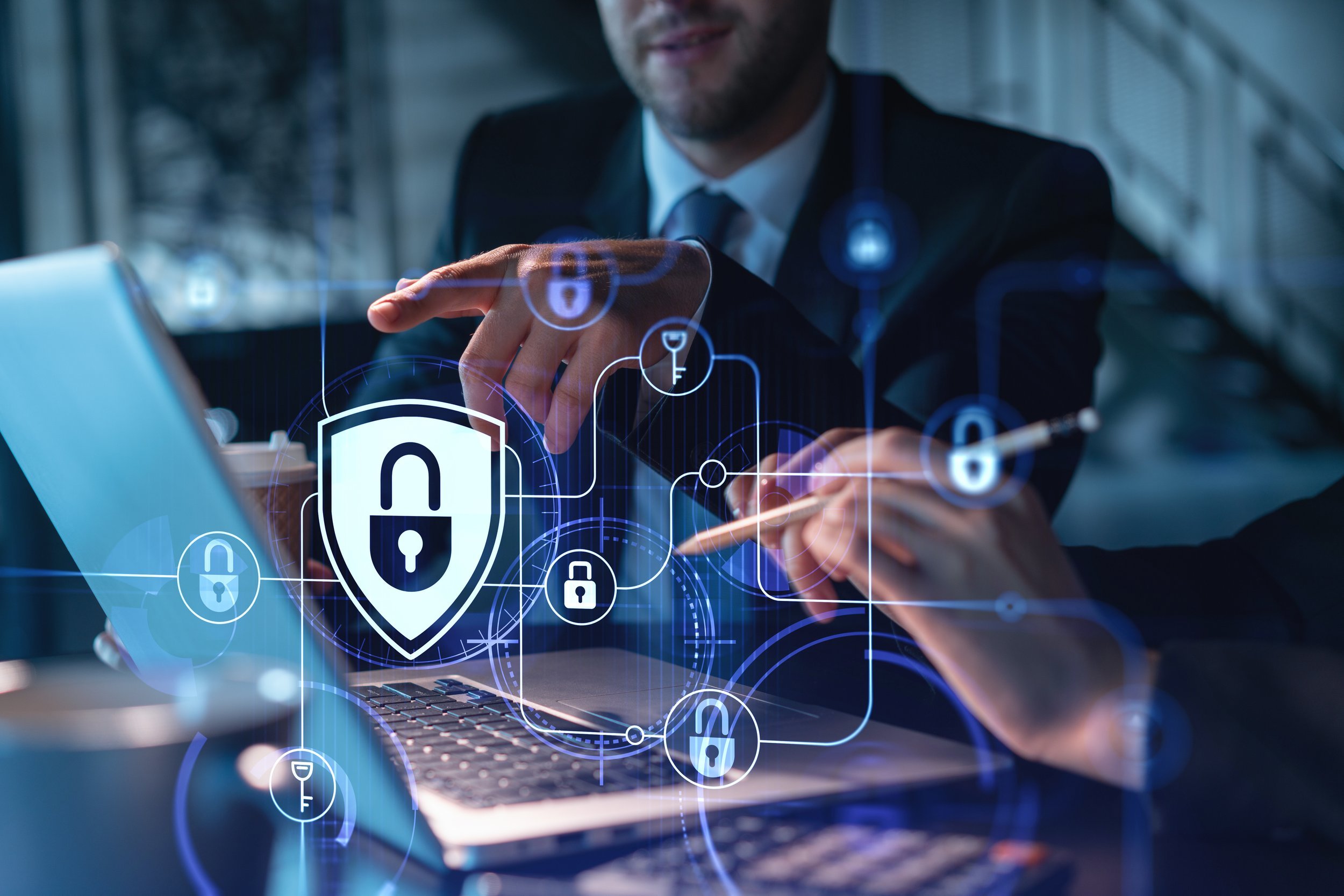Contents
1. Lets get started.
2. Exploring the World of Cybersecurity Risks
3. The Significance of Consistent Monitoring, for Threats
4. Top Approaches, for Handling Threats
5. The Impact of Artificial Intelligence, on Cybersecurity.
Lets get started.
In todays era both businesses and individuals are deeply worried, about the rise in cybersecurity risks. As aspects of our lives and work shift, to the realm the chances of cyber threats disrupting operations and leaking confidential data have risen dramatically. These dangers can come from government backed groups organized criminals or even individual hackers with the expertise and harmful intentions. Therefore it is crucial to protect our resources by implementing exposure management. To safeguard their operations and uphold the confidence of clients and stakeholders alike organizations can effectively. Address these risks.
Exploring the World of Cybersecurity Risks
Cyber threats, in the realm of cybersecurity involve actions aimed at disrupting or causing harm to information and information systems. They often come in the forms of malware. Software that can breach systems to either steal data or create havoc; phishing scams that deceive individuals into revealing information via fake emails or websites; and ransomware attacks that restrict users access, to systems until a ransom is provided. It is crucial for organizations to have an understanding of the types and methods of these threats in order to safeguard themselves successfully against risks and attacks. If anything does happen – such as a ransomware attack – they can also be assured that they have a ransomware recovery strategy in place to resolve the issue and recover any lost data.
The Significance of Consistent Monitoring, for Threats
Keeping an eye out for risks and unusual activities is crucial, in ensuring cybersecurity measures are in place for organizations to swiftly tackle any issues that may arise before they escalate into major security breaches. This proactive stance aids in the detection and handling of threats thereby minimizing their impact, on operations. Companies that opt for monitoring tools gain an edge by being able to identify and thwart threats proactively without significant damage being incurred. Regularly keeping an eye on things also assists companies in meeting industry regulations and standards that typically mandate security evaluations and quick incident response procedures.
Top Approaches, for Handling Threats
Effective management of threats requires a strategy that integrates technology tools with established processes and human expertise.
Keeping your software up, to date is very important as it helps protect your system from security risks by fixing vulnerabilities that may be present, in the software.
Training, for Employees is crucial in combating cyber threats as they play a role in safeguard against phishing attacks and maintaining data handling practices along, with effective password management to minimize human errors.
Setting up Firewalls is crucial, for safeguarding’ networks against access and intrusions by creating’ a barrier, between internal networks and untrusted external networks and filtering’ traffic according’ to pre set security rules.
By adopting these tactics a company can greatly strengthen its security, against dangers.
The Impact of Artificial Intelligence, on Cybersecurity.
Artificial Intelligence (AI) is becoming more and more important, in the field of cybersecurity nowadays. AI systems bring improvements to detecting and analyzing threats by accurately processing large amounts of data beyond what humans can do. Machine learning algorithms have the ability to pinpoint patterns and behaviors that hint at threats and provide insights to take proactive measures. Moreover AI powered tools can handle security tasks automatically allow human experts to concentrate on tackling complex security issues. The incorporation of AI, into cybersecurity strategies has now become an aspect of threat management efforts.
The field of cybersecurity is always evolving as new technologies bring with them challenges and creative ways to protect against them in return. Look ahead. We see a trend, toward using security systems that give instant updates and automated reactions to possible dangers. Businesses that adopt these strategies are poised to lead the way in security effectiveness and efficiency. In a world that increasingly digitalized a strong and flexible security plan is key, for any organization looking to thrive sustainably.




